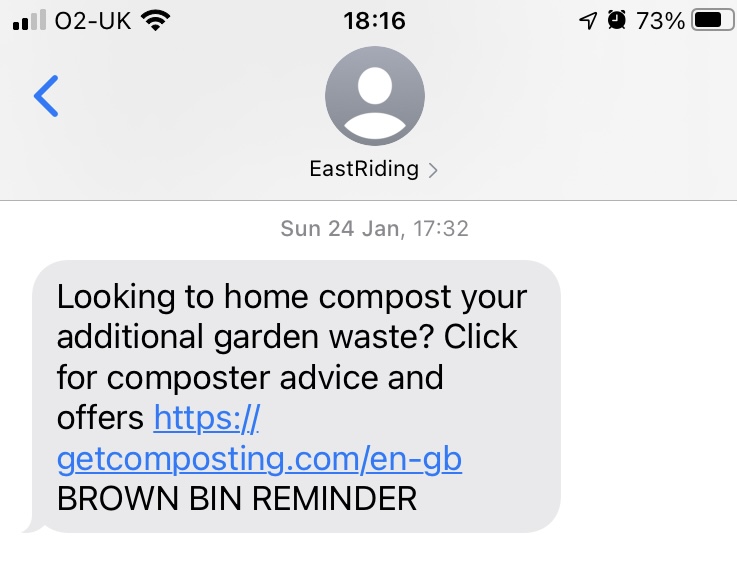How do you decide what to pay attention to in this crazy world?
Imagine prioritising everything that bombards your senses—it would blow a fuse. A common therapeutic tool applied to someone in a moment of anxiety is to walk through the senses, identifying 5 things you can see, 4 things you can physically feel, 3 things you can hear, 2 things you can smell and 1 thing you can taste.
It encourages the person to focus. To reduce the overwhelm of information that may be causing the anxiety. (Ironically I often feel my social media streams are an anxiety-inducing flood of advice about mindfulness and simplicity).
We can’t be on high alert to every piece of information, but what about the consequence of not paying attention?
What if we ignore advice that can help us avoid making a mistake or that would make our lives better?
Last week I was dropping off to sleep when I remembered it was bin day, but I couldn’t remember which bin needed to go out (regular—green, recycling—blue, garden / food waste—brown). I checked my phone to see that it was brown bin day, and then stumbled on some links about composting.

Since we moved into our house we have been religiously loading our outdoor compost bin with vegetable peelings, egg shells etc. It made us feel good about the environment and the bountiful fertiliser we were creating.
But while following one of the links, one article stopped me in my sleepy tracks.
Make sure you don’t add too much organic matter, but include paper and cardboard otherwise your compost will be too wet to use…
Turns out I had been composting all wrong.
I committed myself to rectifying my mistakes, hoping I wasn’t too late. (Let’s forget for one moment that I don’t know how to use compost.* No… don’t think about that, really, it’s not important. Just leave it).
What struck me about this situation was that something I was oblivious to suddenly came into focus. It caused my lizard brain to flare up a warning, and my frontal lobe—on hearing the call—put together a plan of action.
All of that from a simple throwaway line in an article about organic waste.
Now imagine we’re not talking about a compost faux pas, but the unwitting mistake someone is making by not using your product.
Because let’s face it, while as humans we might agree with the need to simplify, to be mindful and filter out the noise… as marketers we are that noise. And we do want to be knocking on the door of our prospects’ subconscious until they elevate us to a conscious consideration that overrules thinking about what to have for lunch that day (actually that is an important consideration).
In the above example, the article interrupted my somnambulant composting activities with a simple copywriting formula:
Behaviour I could recognise (symptom) + negative consequence (problem) + alternative method (solution)
=
attention followed by action (call to action)
This particular approach was perfect to overcame a complete lack of awareness that there was even a problem.
If you’ve been writing copy for a while, you’re probably familiar with the 5 stages of a prospect’s awareness as outlined by legendary copywriter Eugene Schwartz in his book Breakthrough Advertising.
This above formula works really well for stage one: unaware.
But there are four other stages that your prospects may be in, and you need different content for each one. Whether it’s content that guides a decision or content that expresses your differentiation. You can’t treat all customers with the same type of content. If you pitch an offer too early you may not even be on their radar. But if you try and oversell a keen prospect, you can bore them into turning away.
And that’s the subject of this week’s podcast.
Listen now for tips about the type of content you need at each stage.
You can listen to episode 29 here.
And be sure to stick around to the end with the bonus sketch of possibly the world’s worst doctor.
Till next time, keep believing.
Amy.
* I really don’t know what to do with compost. I love a garden but I’m not a gardener. I had to replace a rose plant 3 times every time my mum visited before I confessed I’d killed her original gift… and the first replacement. So no, I have no idea how the compost will be used. Doesn’t mean I don’t want it to be in great shape for the gardener…
Leave a Reply